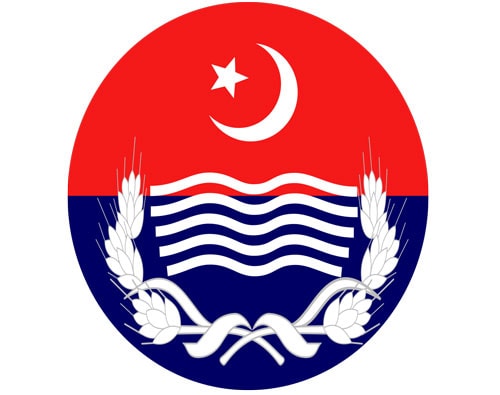Stakeholders, including the officials from the government departments, police, prison, independent institutions and civil society on Tuesday asked the National Commission on the Rights of the Child (NCRC) to include children’s voices and other child-specific genuine issues about child rights in its strategic plan.
They also underscored the need to strengthening and empowerment of the NCRC so that the Commission can operate as an independent National Human Rights Institution (NHRI) as required by the international standards are known as Paris Principles.
The speakers from various organisations were speaking at the Strategic Planning Consultative Workshop held at a local hotel in Karachi.
NCRC chairperson Afshan Tehseen in her opening remarks said that children make up 48 per cent of the population but their voices are not heard in the policymaking process.
There is hardly any law and policy to take care of an estimated 25 million out of school children, most of whom end up as street children, she added.
Ms Afshan Tehseen said that children are the most important asset of any society and needed attention at all levels including in policymaking.
“It is important to ensure genuine and meaningful participation of children.”
Ms Shamim Mumtaz, Chairperson of Sindh Child Protection Authority, said that overlapping in the authority and duplication of functions of various child right related institutions needed to be addressed.
She highlighted various steps of the provincial government of Sindh related to child rights including the passage of the Sindh Child Marriages Restraint Act 2013.
Other stakeholders suggested that the NCRC should address child rights concerns such as child labour, child marriages, child sexual abuses and discrimination in education on a priority basis.
They also demanded to raise the education budget at least to the committed 4 per cent of Gross Domestic Product (GDP).
They stressed that the NCRC if empowered can uplift the country’s image at the international level by taking care of the protection and promotion of child rights in the country.
The NCRC should also maintain a national database on child rights related indicators and share them with various stakeholders for the informed policy decisions.
They also demanded the establishment of a National Helpline for ensuring timely assistance to child victims of abuse.
The members of NCRC, Iqbal Detho and Jehanzeb Khan, also spoke on the occasion. They said that the commission intended to focus on awareness-raising, review of child rights-related laws and provide assistance to the government in the implementation of international treaties specifically the UN Convention on the Rights of Child (CRC).
NCRC was established under the National Commission on the Rights of the Child Act, 2017 and it was formally notified in February 2020.
It was a major milestone towards the fulfilment of the country’s international commitments under the Convention on the Rights of the Child (CRC) and national level constitutional provisions.
The Commission, with a mandate to the promotion and protection of the rights of a child, was a long-standing demand of Child Rights stakeholders.
NCRC falls under the scope of National Human Rights Institutions (NHRIs) to which people in general and civil society, in particular, attach great expectations.
The NCRC is an independent oversight body with a mandate for the fulfilment of child rights as provided in the International treaties and Pakistan’s legal framework through monitoring, complaint handling, policy and legislative reforms, research and awareness-raising.
The commission comprises chairperson, five permanent members — one each from four provinces and Islamabad Capital Territory (ICT), two child members and ex-officio members. The commission secretariat is located in Islamabad, she added.
Others who spoke include SSPs Shehla Qureshi and Imran Mirza; Special Secretary to Law Imtiaz Shaikh; Civil Society leaders Ms Mahnaz Rehman, Zahid Faroque, Tahir Iqbal, Rana Asif and others.
The event was well attended by law enforcement agencies, social welfare, human rights department and other government agencies, and civil society.










